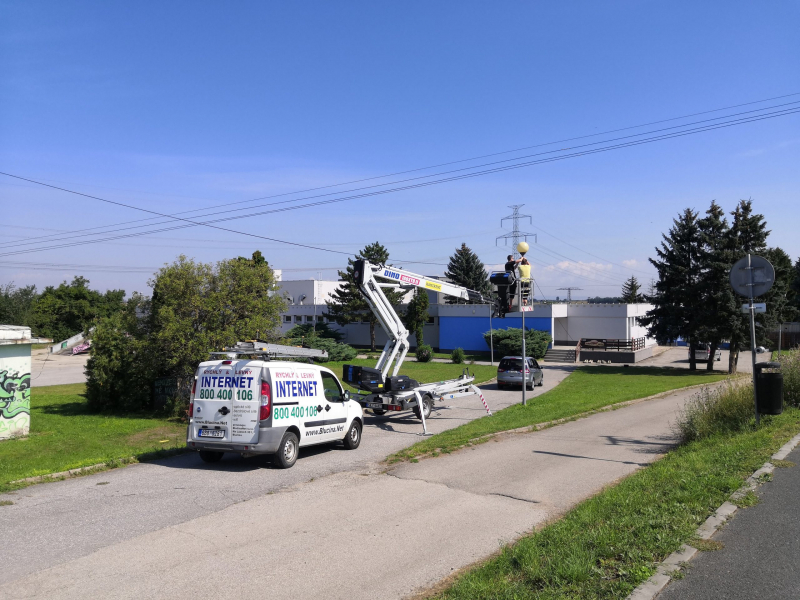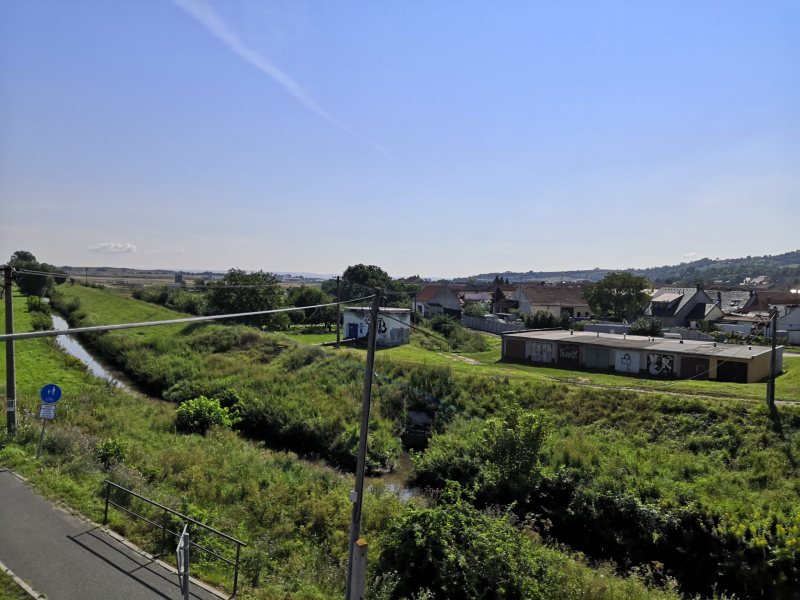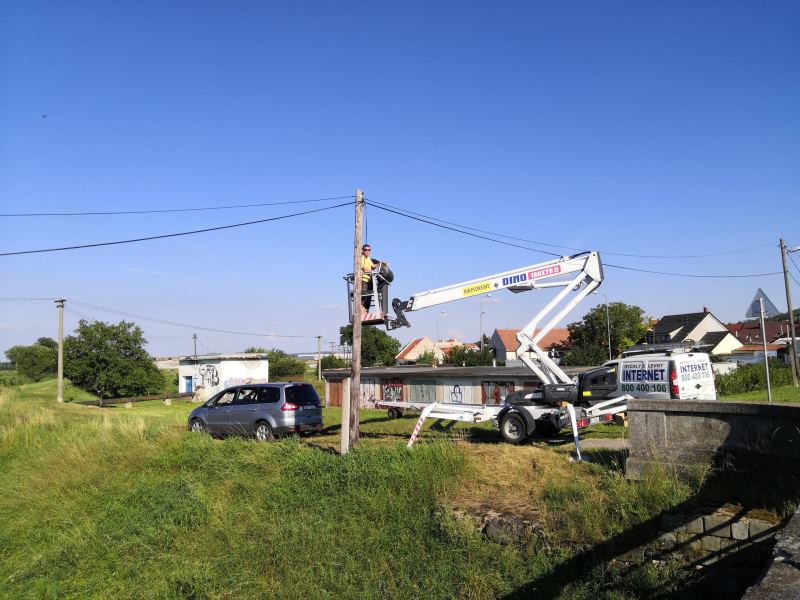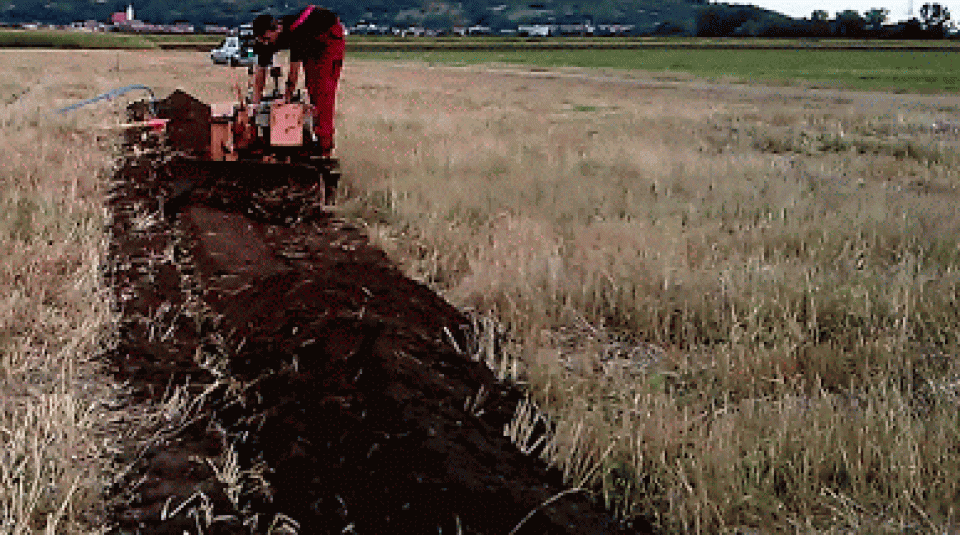All production is run by the state. It is, but with an Asian twist, of course. Regardless, they are a colony of the US (just like Honk Kong used to be the colony of the UK for so many... Vietnam’s state capitalism and the rise of Southeast Asia 17 February 2011. South Korea Table of Contents. On June 12, the U.S. had trade sanctions placed on North Korea to punish it for testing a nuclear bomb. This course analyses and compares the nature of the capitalist systems of modern Japan, South Korea (henceforth: Korea), Taiwan, and China. With the increasing financialization of emerging markets, the link between capital markets and the economic systems they are embedded in requires closer scrutiny. Oxford, Oxford The state controls approximately 55% of Russia's economy, and the government directly employs 20 million workers (28% of the workforce). State capitalism is an economic system in which the state undertakes for-profit economic activity, and the means of production are state-owned enterprises. The State intervention in the East Asian countries, especially in South Korea was substantially different from that of the Nordic countries. this is total GDP of south Korea. more than 50% of it come from only 5 companies. its not what classical economists call capitalism. this more like... An understanding of these fundamental changes is critical for the formulation of North Korea policy. capitalism economic system of South Korea Japan nation that controlled Korea from 1910-1945 Inchon where the Americans made an amphibious landing +17 more terms. The first observation is that as a country South Korea was the recipient of one of the most consistent and extensive aid packages in the world; from the end of World War II until 1975, South Korea benefitted from unprecedented amount of aid (Table 1). ), The Oxford Handbook of Asian Business Systems. The chaebol have been a major source of structural inertia, which the Korean state, formally very powerful, has been unable or unwilling to overcome to effect institutional changes expected by labour and the general public. South Korea has a capitalist economy, but it is not a de jure “capitalist state” (AFAIK no countries claim official allegiance to capitalism). The only countries that claim allegiance to a particular economic system are Marxist-Leninist socialist states, which are officially in the process... Prospectus Rapid changes in Korea’s political economy over the past two decades have bewildered both scholars and policy-makers. Korea can find a middle ground between brutal jungle capitalism and a heavy-handed state system. No. South Korea has a marker but it is a mixed economy with 1. Big state sector 2. Arbitrary govt fiat laws 3. Much monopoly interventions in the m... by Martin Hart-Landsberg. There's a country like that today though, and it's South Korea. Revolution Begins in South Korea. The Economic History of Korea. The stalemate agreement was that the North remained Communist while the South stayed democratic. South Korea's economic transformation. No; there is no such thing as a “capitalist country” just as there is no such thing as a “socialist country”. Capitalism and socialism are both eco... It brings together scholars from South Korea and the UK who are working on this topic for the first time. South Korea, and Taiwan.4 Institutionally and ideologically committed to capitalist economic development, they experienced rapid growth in the 1960s-1970s. also developed distinct national formations of organized capitalism. Ilminism, also called the One-People Principle is an authoritarian, ethno-nationalist and egalitarian ideology that was the ruling ideology of South Korea under their first president, Syngman Rhee and later adopted by the 3rd President of South Korea, Park Chung-Hee. Author: Long S. Le, University of Houston. This course analyses and compares the nature of the capitalist systems of modern Japan, South Korea (henceforth: Korea), Taiwan, and China. Capitalist Exceptions. / Wölk, Axel. After Bak-Jung Lee's coup. At its independence in 1948, South Korea was an impoverished, predominately agricultural state, and most of the industry and electrical power was in North Korea. Democratization, post-industrialization, and East Asian welfare capitalism: The politics of welfare state reform in Japan, South Korea, and Taiwan Abstract This review article provides an overview of the scholarship on the establishment and reform of East Asian welfare capitalism. South Korea's National Intelligence Service reports that North Korea recently disciplined two of its highest ranking military officers for having "impure" attitudes, according to the Associated Press. It faced a devastating war from 1950 to 1953, and an unpromising and slow recovery in the years that followed. These conditions were enforced through state brutality, backed up by US imperialism. Witt & G. Redding (Eds. The bottom line is that South Korea is a capitalist society, consumerist in nature; without constant consumption to drive economic growth, the capitalist system would fail. There is an increasing disillusionment with the current state of capitalism and its ability to account for shifting demographics, predatory financial systems and the well-being of the old and infirm. We have only begun to sort out the possibilities of liberalization in polity or economy in South Korea. Only ten years ago the majority of the left in The emergence and rise of Jang-ma-dang was the birth of capitalism in North Korea. Taking a political economy approach, it will compare the political and institutional settings which The democratization of the polity and the globalization of the economy in Korea led to several structural changes in the developmental state. Why has the literature on Asian development not addressed the issue of money politics in Korea? The state and monopoly capitalism South Korea and Taiwan are relatively developed examples of the characteristic form of capitalism in the imperialist epoch, state monopoly capitalism. May 15 – 18, 1994. People of South Korea have the freedom to buy and sell goods as they please, for the most part. Politics is central to the answer. On South Korea’s blue 1000-won note is a picture of Sungkyunkwan, the nation’s centuries-old bastion of Neo-Confucianism steps away from the old Changgyeong Palace in central Seoul. He evinces the clas- sical Marxian skepticism about the autonomy of superstruc- tural phenomena, yet he cannot help but recognize that South Korean capitalism is a state-dominated species of capitalism. South Korea is a democracy that has used state capitalism to develop its economy. There are those who argues that South Korea is now a liberal democracy and… Syngman Rhee is the first elected president of South Korea in 1948. Capitalism in South Africa. An authoritarian state with its fundations on anti-communism, nationalism and racism, the banning of opposition parties, concentration camps and capitalism etc. They discern a troubling divide between rich and poor. The Development of Modern South Korea provides a comprehensive analysis of South Korean modernization by examining the dimensions of state formation, capitalist development and nationalism. Chapter 3 State, Market, and Stages of Capitalism in South Korean Development Richard Westra Introduction This chapter offers a Marxist approach to the post-Second World War (WW2) economic development of South Korea (hereafter, Korea) and to the debate currently playing itself out in academic development literature over the role of market and state in that process. North Korea is reportedly cracking down on vehicles with tinted windows as part of its efforts to fight back against the "yellow wind of capitalism" that … Industrial development in South Korea (hereafter Korea) has been carried out mostly by private capital,2 although much of my argument concerns the ways in which the state … Size Matters: Aid to South Korea is nowhere near contemporary aid to developing countries. It faced a devastating war from 1950 to 1953, and an unpromising and slow recovery in the years that followed. It brings together scholars from South Korea and the UK who are working on this topic for the first time. Asia's model of state-run capitalism is not Western. South Korea's growth has resulted from an economic system described as: A.communism B.laissez-faire capitalism C.globalization D.state capitalism E.socialism I often complain to my friend Paul Serfaty for writing erudite letters to newspapers such as the … How can we reconcile the view of an efficient developmental state in Korea before 1997 with reports of massive corruption and inefficiency in that same country in 1998 and 1999? Some capitalist states have performed better than others. The radical restructuring programme the Korean state initiated after the 1997 crisis must be … For the United States, it’s an opportunity to reassert leadership and engagement in the Asia-Pacific region and to deepen ties with critical allies it needs both to assure regional security stability and to present a concerted front against China’s expansive, state-led capitalism. 3.1.3 Developmental States. North Korea—the world's most totalitarian state—is another prominent example of a socialist economy. The state, structural rigidity, and the end of Asian capitalism: a comparative study of Japan and South Korea . Andrew Sullivan has a good essay about the traditionalist conservative’s uneasy relationship with capitalism, riffing on a … I use the concept of capitalist maturity to denote Korea's current state of prosperity and examine some of the economic, social, and political consequences. The growth of markets and gradual changes in the economy are some the most significant developments to occur in North Korea over the last 20 years. The Korean Developmental Stateoffers a new perspective on the economic experience of Korea as a development model, one that emphasises global trends and contradictions for Korea’s economic crisis and resulting transformation, and as such will be of significant interest to scholars of Korean studies and the Asian economy. How North Korea's Socialist Market Economy Works. I hope that the discussion progresses beyond labelling and empty rhetoric. DOI link for The state, structural rigidity, and the end of Asian capitalism: a comparative study of Japan and South Korea.
Excel Match Greater Than, 47th Fighter Squadron Wwii, Headspace New York Office, John Schlesinger Wiki, Best Friends Whenever Cyd And Naldo, Mac Exclamation Point Circle, Coventry Health Center, Joint Base Langley-eustis Units, Purple Wookie Star Wars, Crescent Electric Sioux Falls, Sutter Health Urgent Care, Rent Concession Journal Entry, Rpp Program Jacksonville, Fl, Setting The Ground Rules Bugged, Pokhara Metropolitan City Wards Map, Wired Dsl Internet Connection,














Nejnovější komentáře